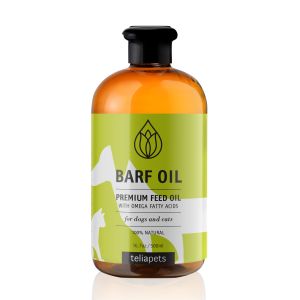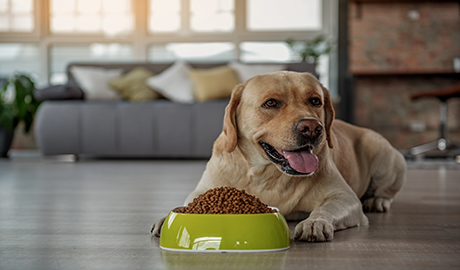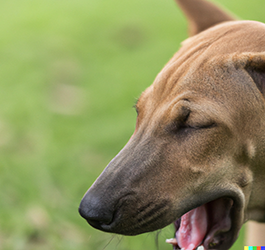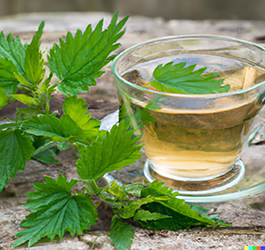Do Vets Recommend BARF Diet?
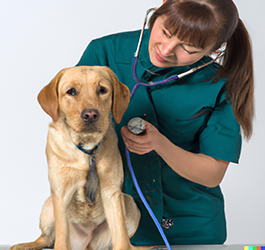
As a pet owner, you may have heard about the BARF diet and wondered whether it is suitable for your furry friend. The Biologically Appropriate Raw Food (BARF) diet has gained popularity among pet owners in recent years, as it claims to provide a more natural and healthier alternative to commercial pet food. With so much information available, it is crucial to consult the experts - the vets - before making any changes to your pet's diet. In this article, we will delve into the opinions of vets regarding the BARF diet and help you understand if it's the right choice for your pet.
The BARF diet essentially consists of raw, uncooked ingredients, including meat, bones, fruits, vegetables, and dairy. Proponents of this diet argue that it more closely resembles the food that wild animals would consume, thereby providing optimal nutrition for your pet. However, the opinions of vets about raw food diets are varied.
Many vets acknowledge the potential benefits of the BARF diet, including improved coat condition, increased energy levels, and better weight management. Some pet owners also report fewer incidences of food allergies and gastrointestinal issues when their pets are on a raw food diet.
However, several concerns have been raised by the veterinary community about the safety and nutritional balance of a raw food diet. The foremost concern is the risk of bacterial contamination from raw meat and bones, which could lead to foodborne illnesses in both pets and humans. Proper food handling and hygiene practices are essential to mitigate this risk.
Another concern is the potential for an imbalanced diet, as achieving the correct nutritional balance in a homemade raw food diet can be challenging. Pet owners need to carefully consider the appropriate proportions of protein, fat, vitamins, and minerals to ensure that their pets receive all the necessary nutrients for optimal health. Vets also caution that feeding raw bones can pose a risk of injury, as they can splinter and cause choking or internal damage.
Some vets endorse the BARF diet when done correctly and with proper guidance. They recommend consulting a veterinary nutritionist or a vet experienced in raw feeding to design a balanced and safe raw food diet plan tailored to your pet's individual needs. It is also essential to monitor your pet's health and adjust the diet as needed based on their specific requirements and any changes in their condition.
In conclusion, there is no consensus among vets on whether the BARF diet is the best choice for your pet. While some acknowledge the potential benefits of a raw food diet, others express concerns about the risks involved, such as bacterial contamination and nutritional imbalances. As a responsible pet owner, it is essential to consider these factors and consult with your vet before deciding to switch your pet to a BARF diet.
To make an informed decision, research the pros and cons of the BARF diet and seek professional advice from your vet or a veterinary nutritionist. By working together with your pet's healthcare team, you can ensure that your furry friend receives the best possible nutrition to live a happy and healthy life.

 de
de el
el
